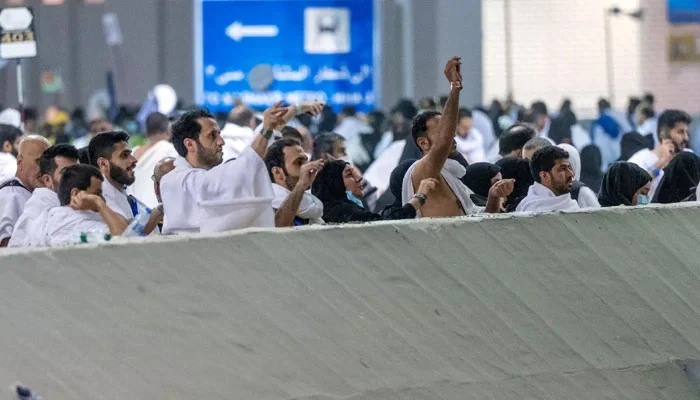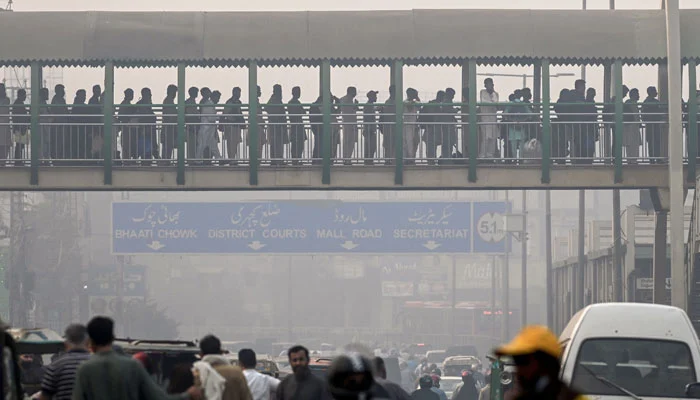For Hajj 2025, Pakistan’s total quota of 179,210 pilgrims will be evenly divided between the Government Hajj Scheme and the Private Hajj Scheme. This was outlined in the newly approved Hajj Policy 2025 by the federal cabinet, with key provisions to ensure smooth participation and management.
Government and Private Schemes
- Government Hajj Scheme: Managed directly by the Ministry of Religious Affairs, offering long (38-42 days) and short (20-25 days) packages with accommodations in line with Saudi regulations. A computerized ballot will select applicants, except for 5,000 seats under the Sponsorship Scheme, which will be allocated on a first-come, first-served basis for applicants paying in foreign exchange.
- Private Hajj Scheme: Run through licensed Haj Group Organizers (HGOs) who must adhere to service agreements with the ministry and fulfill requirements specified by Saudi authorities. HGOs are expected to manage their quotas transparently, with allocations and operations strictly monitored to ensure quality services.
Special Provisions
- Sponsorship Scheme: A total of 5,000 seats in the government scheme and 25,000 seats in the private scheme are reserved for overseas Pakistanis who pay in foreign currency.
- Hardship and Employment Quotas: The government reserves 1,000 seats to address family, health, and special needs. Additionally, 300 seats are designated for low-income employees from the public and private sectors, covering low-paid government employees and workers registered with the Employees’ Old-Age Benefits Institution (EOBI).
Mandatory Conditions and Legal Compliance
- Age and Health Requirements: Applicants must be Pakistani citizens with valid passports and comply with health guidelines specified by Saudi authorities. Children under 12 are not eligible for Hajj.
- Mehram Requirement: Women may perform Hajj without a mehram (male guardian) if they provide an affidavit meeting the required conditions.
- Legal Restrictions: Any Hujjaj involved in activities like drug trafficking, theft, or political misconduct in Saudi Arabia will face legal action, including possible imprisonment or deportation. Violations could also disqualify offenders from future visits to the Kingdom.
Tentative Cost
The cost for the Government Hajj Scheme is projected to be between Rs1,075,000 and Rs1,175,000, subject to final agreements with service providers in Saudi Arabia.
Enhanced Oversight and Transparency
To improve service quality and compliance, the Ministry of Religious Affairs will implement strict monitoring for both government and private schemes. The ministry also introduced procurement committees in Pakistan and Saudi Arabia to ensure cost-effective operations and timely arrangements.
With Pakistan’s Hajj quota distributed equally, the policy aims to offer options tailored to various preferences and requirements, enhancing accessibility for all citizens seeking to perform Hajj in 2025.




